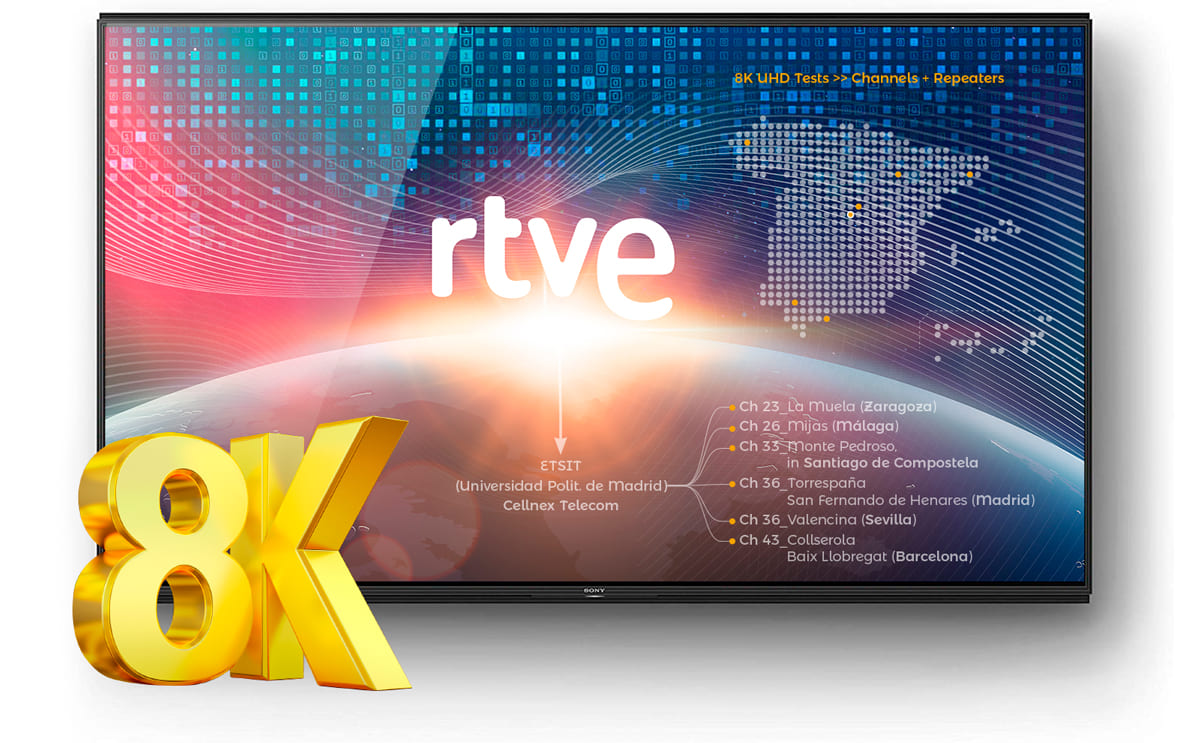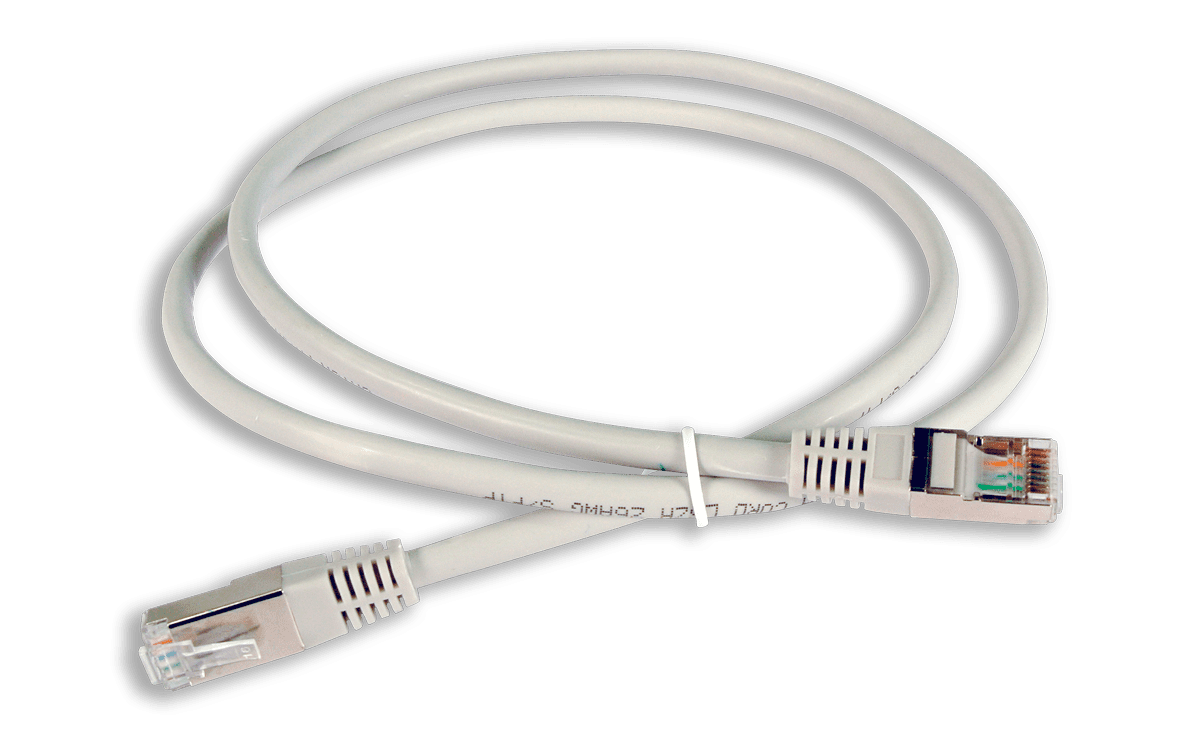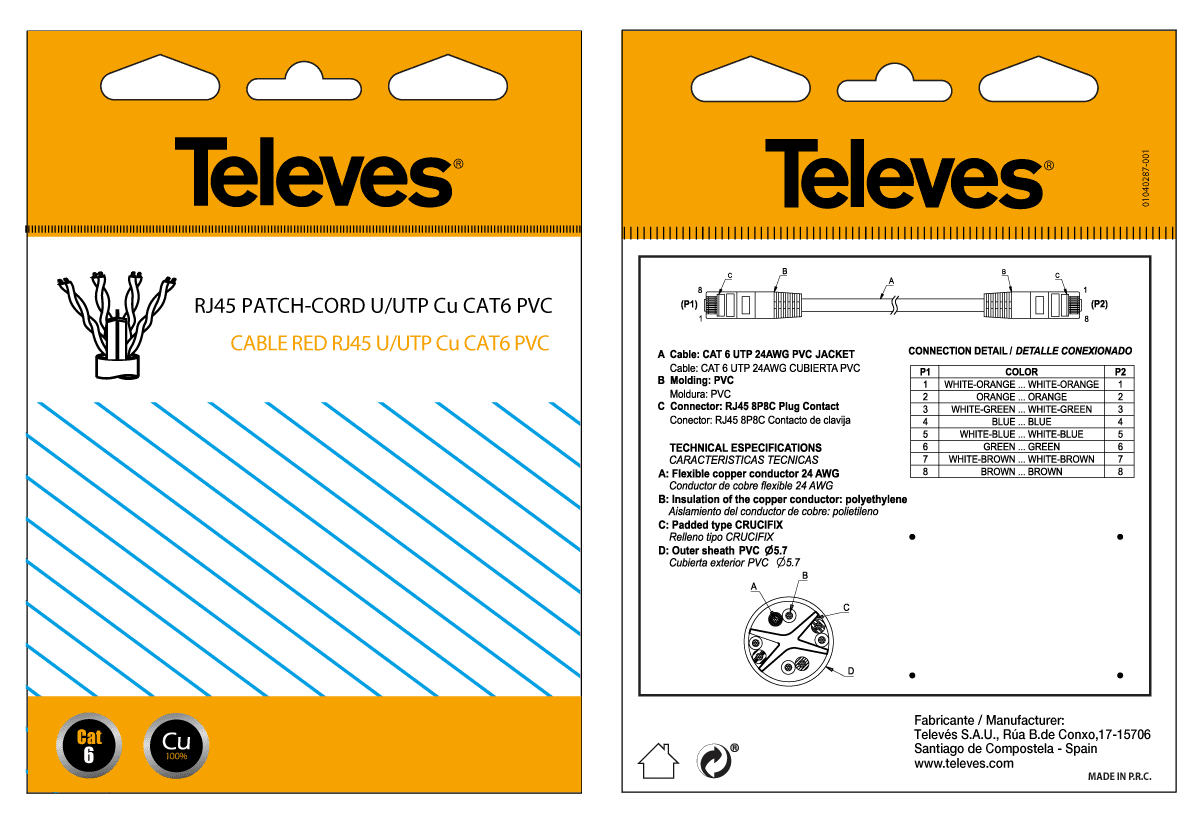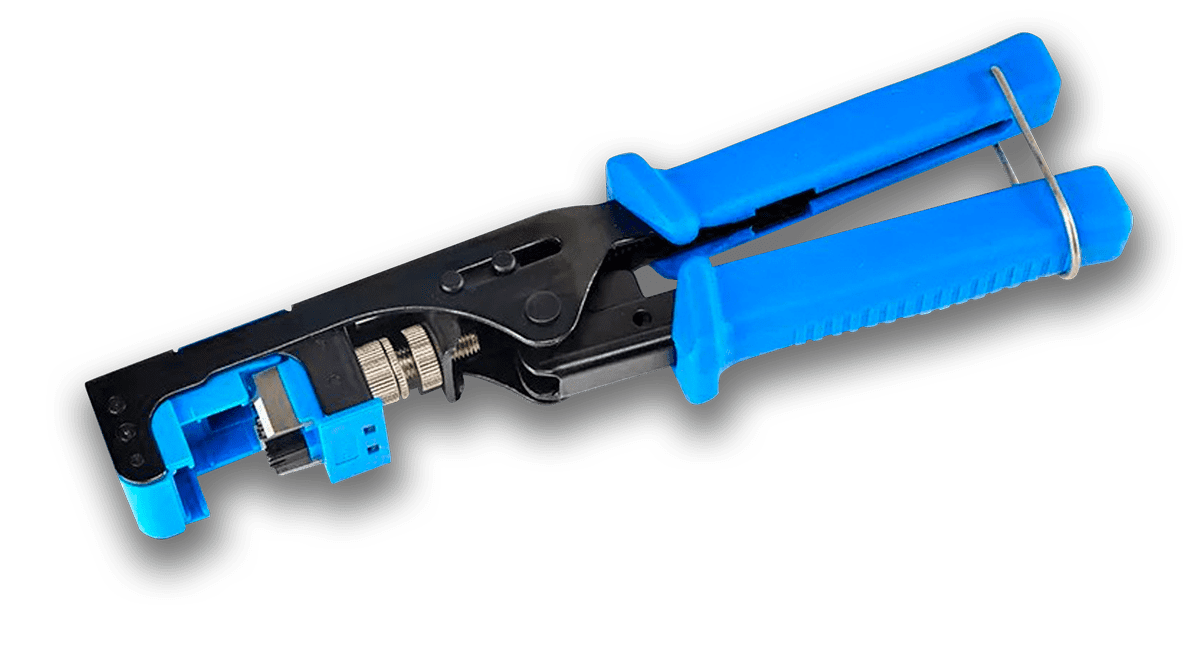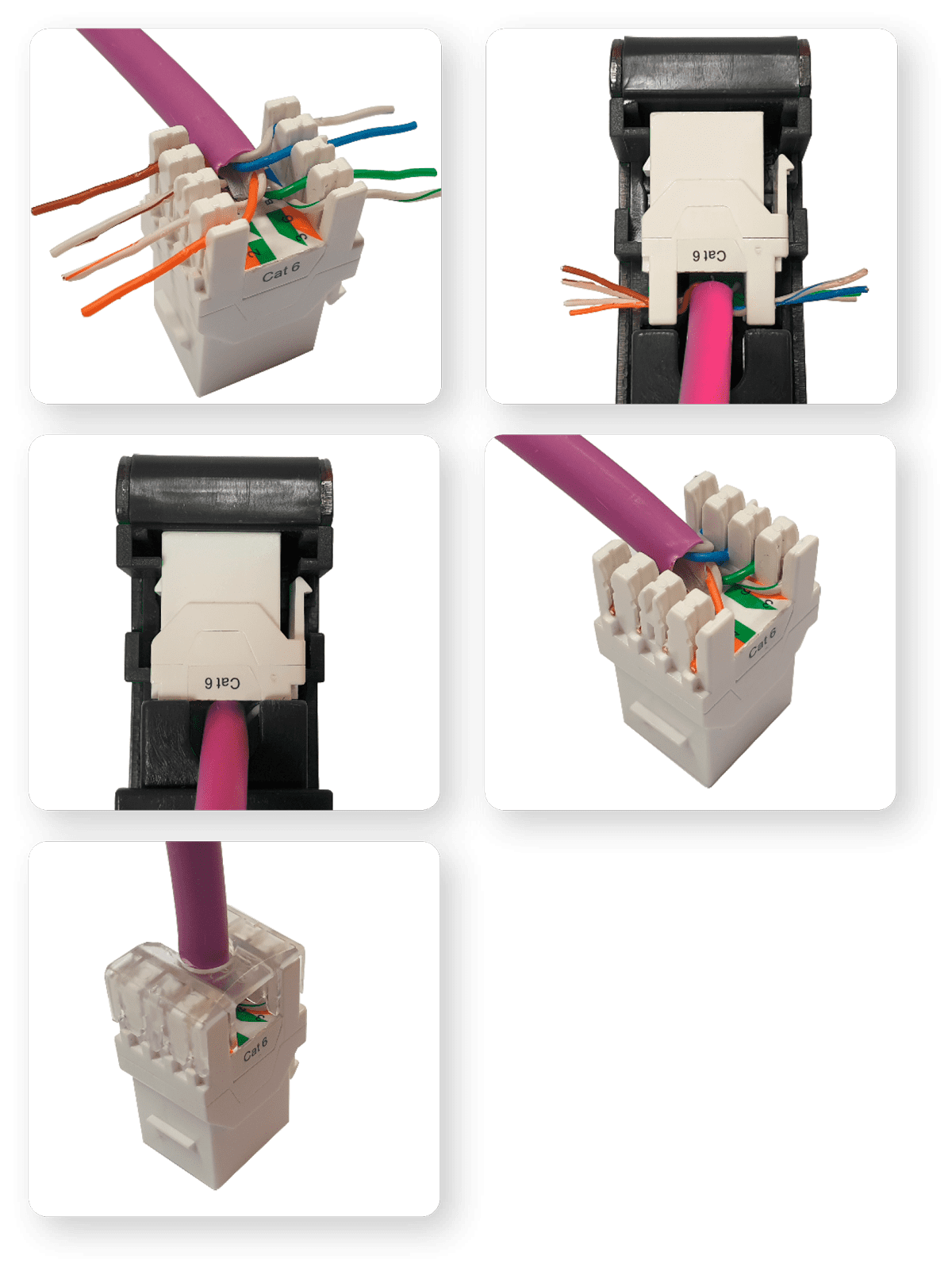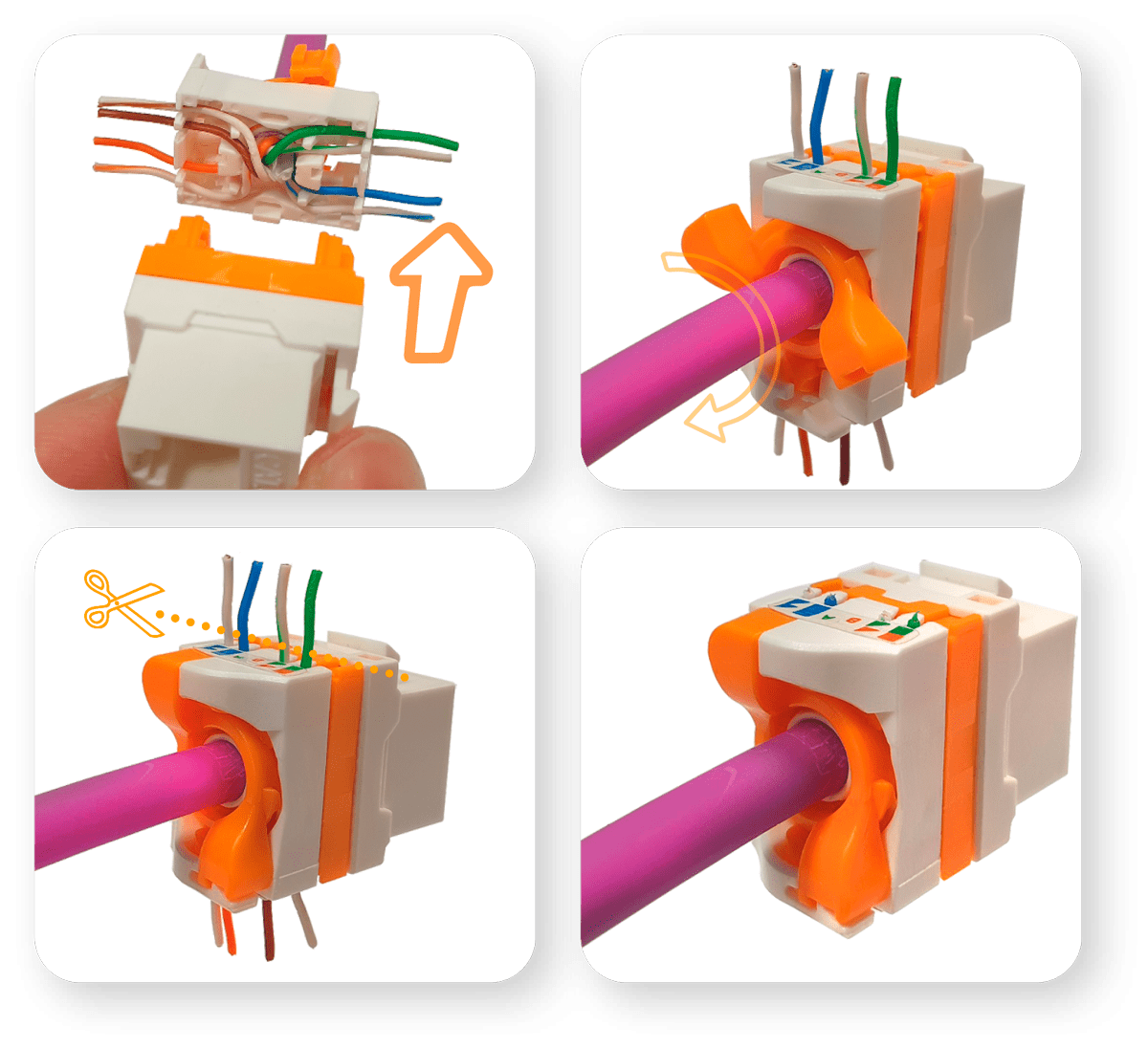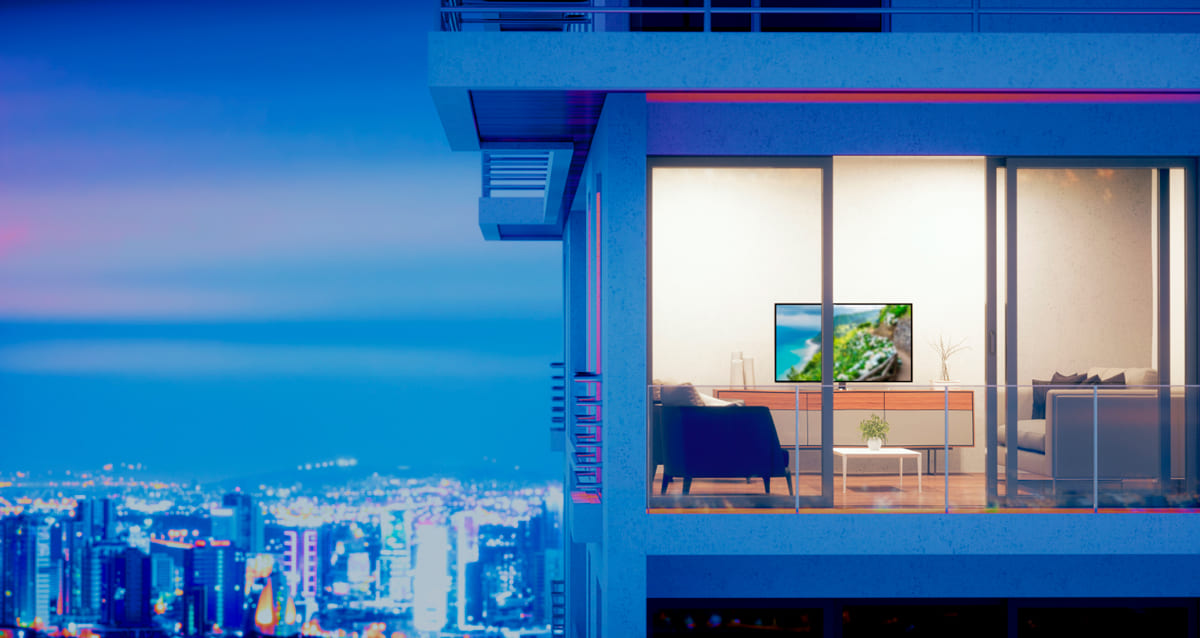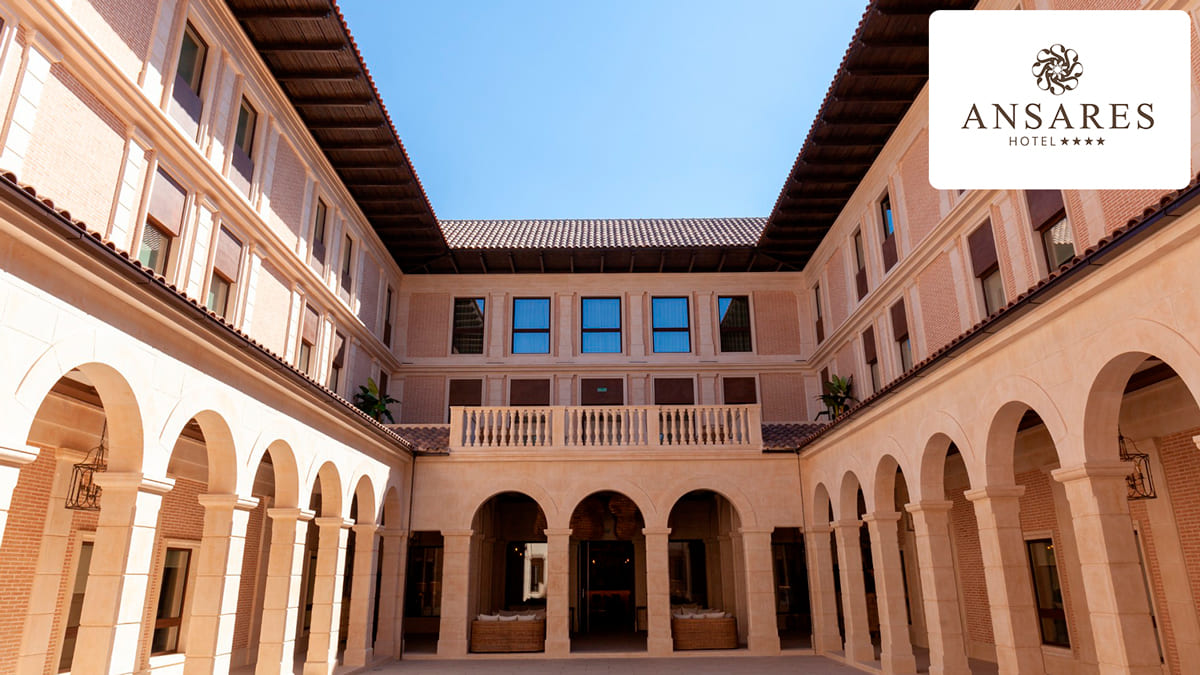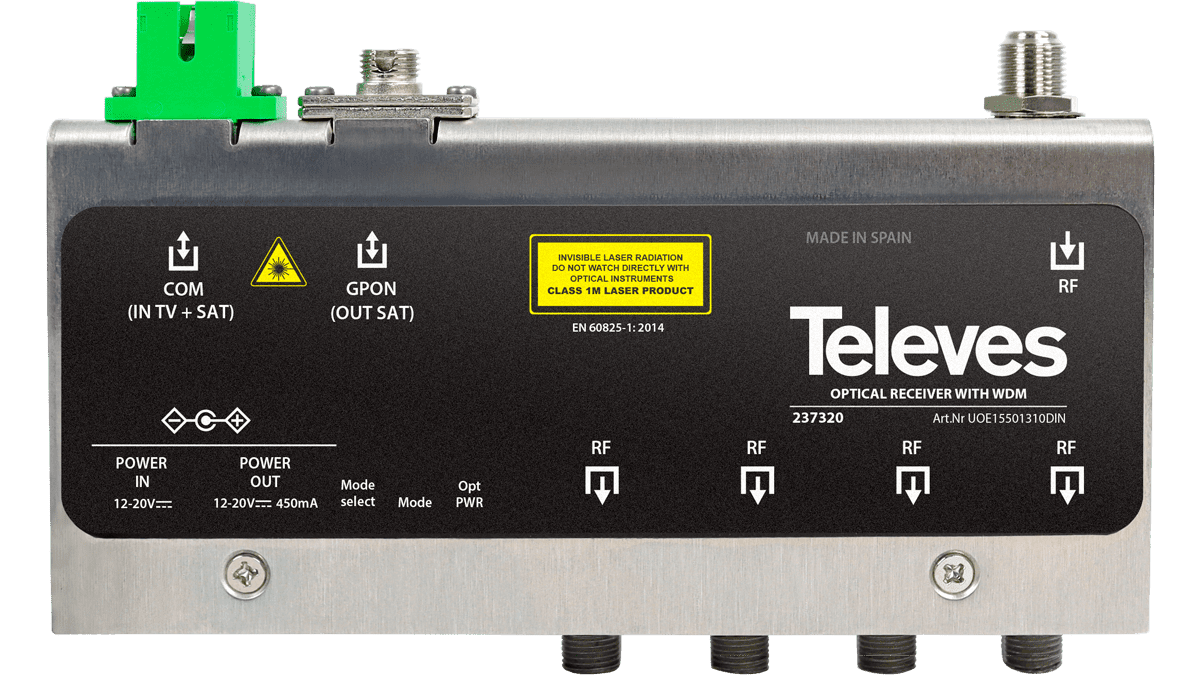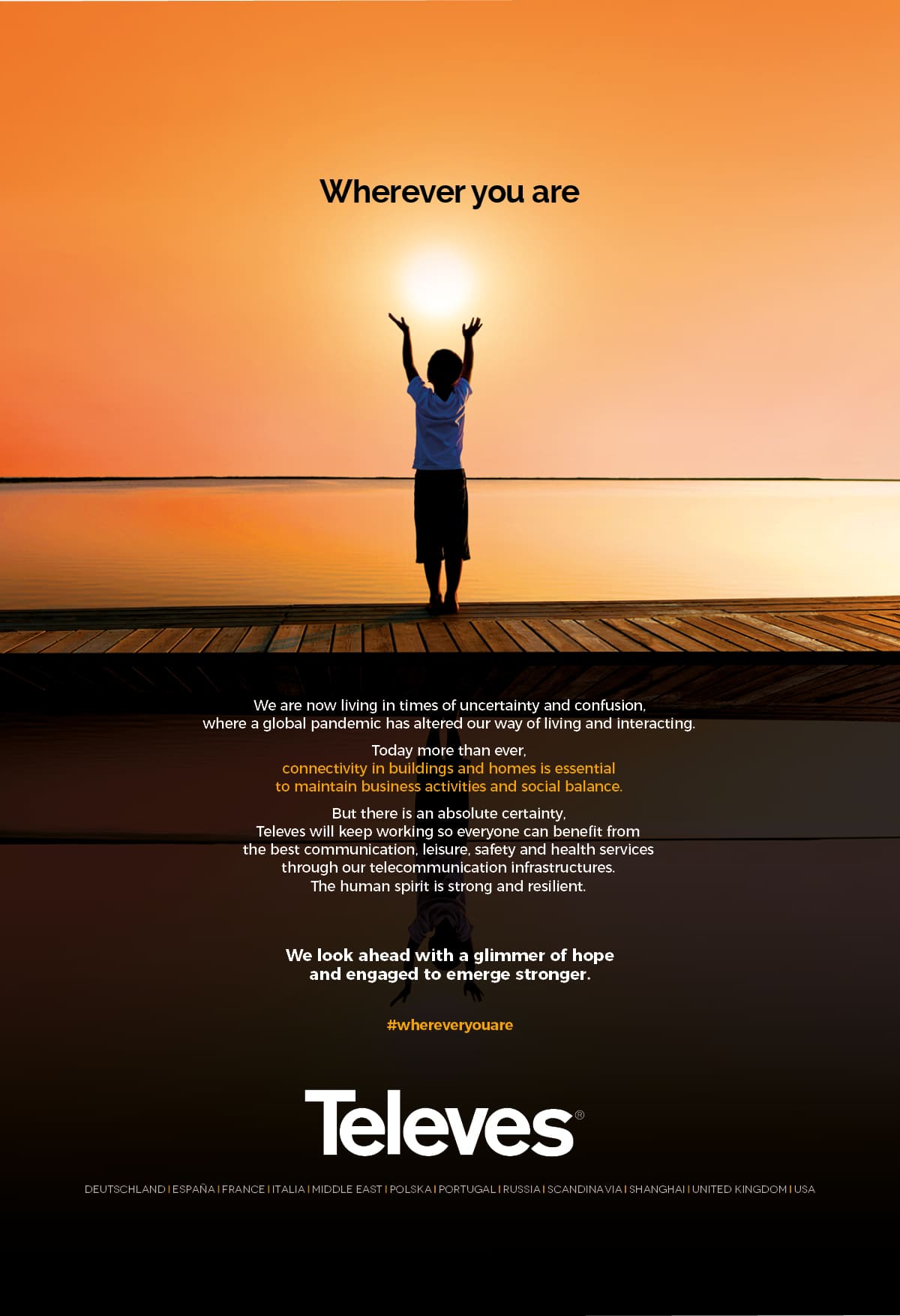Documentation
Complete and updated service and product documentation available for viewing and download. Select a category to begin your search.
InfoTeleves 57 (December 2020)
- General Information: Televes Corporation participated in the world’s first 8K UHD signal production
- Televes Corporation: GCE shows us how the best printed circuit boards are designed and manufactured
- Product news: RJ45 CAT6 and CAT6A Network Cables
- Ideas: How to use data cable connection simply?
- FAQs: Why doesn't the antenna amplifier provide the maximum output level it should?
- Facilities: Ansares Hotel (Tarancón, Cuenca, Spain)
- Our people: Carlos Domènech. Professional LED lighting advisor
- Training: Data network certification for networks comprised of different components
- Don't miss it!: Combine TDT and SAT in optical fiber distribution
- Announcement: Wherever you are
General Information
Televes Corporation participated in the world’s first 8K UHD signal production
The RTVE Chair at UPM (Polytechnic University of Madrid) presented the first 8K production and broadcast via TDT on DVB-T2. The companies within the Televes Corporation (GSertel, TRedess and Televes) are members of the Advisory Committee for the RTVE Chair and they actively participated in the pilot of the 8K broadcast.
The signal was radiated from the ETSIT-UPM TV headend in Ciudad Universitaria in Madrid and broadcast by Cellnex Telecom from its broadcasting centers in Madrid, Barcelona, Seville, Málaga, Zaragoza, and, of course, from channel 33 in Santiago de Compostela, where Televes Corporation has a license to broadcast and the appropriate TRedess transmitters to do so. GSertel also played an active role in the pilot, with Hexylon and RCS-100 equipment monitoring and analyzing all the relevant digital channel parameters, both in terms of radio frequency and content.
Televes has a license for an 8K UHD DVT-T2 testing channel in Santiago de Compostela, with TRedess transmitters and GSertel measurement equipment
This channel temporarily assigned to the UPM RTVE Chair by the SETID (Spanish Secretariat for Telecommunications and Digital Infrastructure) is used for this kind of test broadcast, as well as the other centers in the cities mentioned above. The coverage area of this pilot, therefore, reached a large swath of Spanish territory.
The pilot was part of the RTVE Chair’s activities at UPM, which began in 2015. The Chair has participated in joint development of experiences in the field of production and UHD signal broadcasting over the last few years.
Televes Corporation
GCE shows us how the best printed circuit boards are designed and manufactured
Gallega de Circuitos Electrónicos (GCE) opened its doors to show us why they have become a European printed circuit board (PCB) leader.
With over 35 years of experience, its corporate philosophy focuses on continuously improving production processes and investing in the development of cutting-edge technology allowing it to offer its customers unparalleled quality, flexibility and reliability, creating a level of commitment, trust and proximity with customers that results in sustained growth.
GCE recently launched its first corporate video opening up its doors and welcoming us to experience its success first hand. The video shows automated production and verification processes, such as copper developing and etching, high definition copper geometry LDI technology, automated optical inspections, multi-layer and optical centered assembly, and even restricted access areas such as the Class 100 Cleanroom.
More information: www.gacem.com
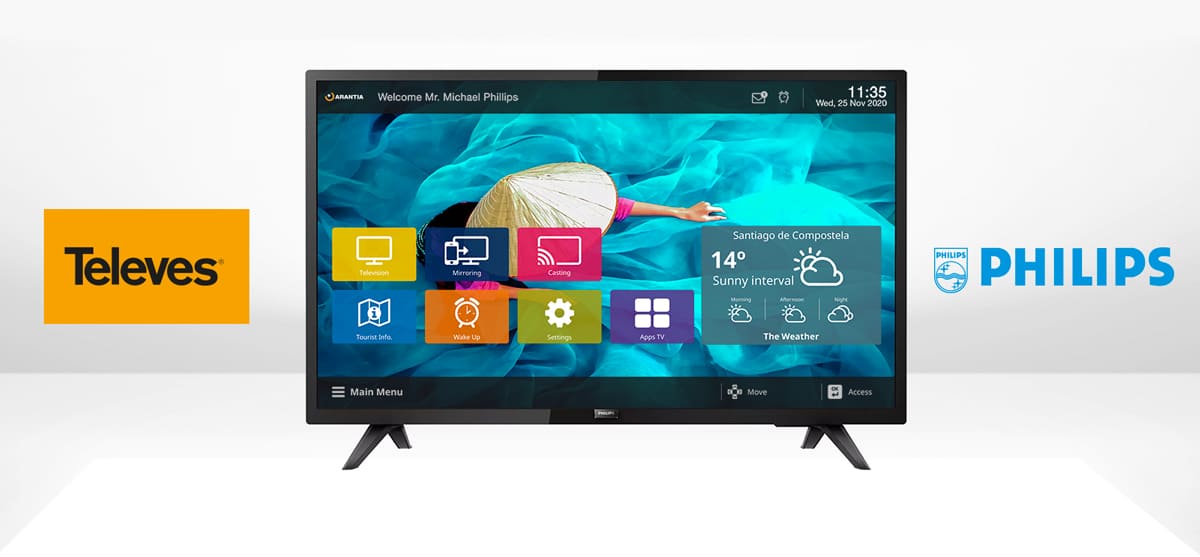
Televes and Philips Professional Display Services Agree to Roll Out IPTV for the Hospitality sector in Philips Televisions
The integration of the IPTV services rolled out by Televes for the Hospitality sector can now have content embedded directly into new Philips MediaSuite televisions.
The agreement between the two companies is part of the recent launch of the new version of Televes middleware, which can be integrated onto Philips MediaSuite HFL5014 and HFL6014 platforms, showing all customized IPTV content on the Philips screens installed at the establishment, with the benefit of fluid integration.
Hospitality Product Manager Guillermo Fernández, said “both companies are prestigious players on the scene. They are known for their professionalism and quality guarantees, so this agreement is a natural next step for them to continue strengthening the presence of both brands in a constantly growing industry, subject to ceaseless technological advancement”.
In terms of PPDS, Global Business Manager Anthony Tizzard, underscored the completion of this agreement as an additional opportunity to expand the IPTV service offering in Philips MediaSuite Televisions, highlighting the potential success in markets like the Middle East and Europe.
Televes thus expanded the range of television manufacturers using its Arantia TV solution, allowing for a mutually beneficial and complementary market expansion for all parties involved.
Product news
RJ45 CAT6 and CAT6A Network Cables
An extensive range of both CAT6 and CAT6A network cables available in different lengths
The last few years have seen the rise of new technology that has caused major changes in both how we communicate with one another and how we enjoy our free time. A clear example of this technology is online TV. In order for your device to connect to the local network and access the Internet, these structured cabling hoses are used.
Televes put this new range of network cables on the market with lengths from 0.5 m to 20 m. Once again, the company has committed to a high-quality product, a product with an internal copper conductor that is flexible so as to reduce losses. CAT6A references offer S/FTP screening attenuation, while CAT6 references offer U/UTP. In terms of sheaths for each of the two product groups, CAT6 references have white PVC sheaths and CAT6A have gray LSFH (zero halogen) sheaths. The latter material is more rigid than the former, but when it is burned, it delays the propagation of the flame and does not emit toxic fumes.
Televes RJ45 network cable references are listed below:
| Length | CAT6 U/UTP PVC | CAT6A S/FTP LSFH | ||
|---|---|---|---|---|
| Custom bag | Pack of 10 | Custom bag | ||
| 0,5m | 209001 | 209011 | - | |
| 1m | 209002 | 209012 | 209102 | |
| 2m | 209003 | 209013 | 209103 | |
| 3m | 209004 | 209014 | 209104 | |
| 5m | 209005 | 209015 | 209105 | |
| 7m | - | 209016 | - | |
| 10m | - | 209017 | - | |
| 20m | - | 209018 | - | |
(Exceeding the requirements of ISO/IEC 11801-1 TIA/EIA 568.2 and ANSI/TIA/EIA Class E)
The entire range has the advantage of being preconnectorized, i.e., RJ45 connectors are ready to be connected and welded pin to pin to ensure high performance.
This group of products comes in two types of packaging: one in a custom bag as seen in the photo (Photo 1) and another in packs of 10.
Ideas
How to use data cable connection simply?
Televes is unveiling its new termination and cutting tool, ref. 209811, which is compatible with its ref. 209901 female CAT6 UTP connectors. This tool simplifies connections and saves a considerable amount of assembly time, as, on the one hand, it simply inserts four peers over pins and, on the other, it cuts the excess cable with no additional tools.
In addition to this termination tool, Televes is also releasing a new CAT6A UTP connector, ref. 209921, which immensely facilitates the insertion of the 4 peers thanks to the wing nut as seen in the photo, which must be turned clockwise. In this case, only the excess cable needs to be cut with an additional tool.
FAQs
Why doesn't the antenna amplifier provide the maximum output level it should?
An amplifier may not supply the maximum output level indicated in its specification as a result of a number of factors, but it is usually caused by an inadequate input level. The more amplified channels, the lower the output level.
You can calculate the optimal input level for the amplifier by subtracting the amplifier's gain from the maximum output level, so if you have an amplifier with a gain of 28 dB and a maximum output level of 109 dBµV, you should have a signal input level of 81 dBµV to obtain the maximum output level.
Moreover, you should know the maximum output level shown in catalogs is based on the DIN 45004B regulation, which stipulates the output level based on 2 real COFDM channels, so if you increase the number of channels to be amplified, the output level is reduced by around 3 dB each time you double the number of channels, as per the following formula:
Reduction of maximum output
voltage = ΔVsm = 7.5 Log (n-1)
n = number of channels
Example:
n = 10 channels
ΔVsm = 7.5 Log (10-1) ≈ 7.2 dB
Facilities
Ansares Hotel (Tarancón, Cuenca, Spain)
The 4-star Ansares Hotel was selected as the Best New Construction Project at the second Smart Building Telecommunications Conference (2019) with Telecommunications Engineer Álvaro Arroyal.
One of the hotel’s top priorities is providing guests with a personalized technological experience, one to which Televes has contributed as a result of the solutions implemented: GPON infrastructure, interactive Arantia TV, ArantiaCast casting solution, Wi-Fi infrastructure for Internet access, and television service for mobile devices.
Our people
Carlos Domènech. Professional LED lighting advisor
What is your job at Televes?
My main mission is to boost our brand and products at city councils, engineering firms and architecture firms, so that they implement our solutions and products as much as possible in their projects. To do that, my day to day consists not only of visiting these companies and agencies, but also other players involved, including installers of public lighting, to show them that Televes is going to be an industry leader.
How long have you been with the company? Could you describe your career at Televes?
I was hired in September 2020, at the start of a chapter in which professional LED lighting solutions began to be further consolidated within the company. I’m now focused on acting as a catalyst for customer service and spreading the word about us among key opinion leaders and consultants in my assigned area.
What is the most satisfying part of your job and what is the most difficult?
When you tell a customer about the advantages we offer over the competition, and you can see in their eyes that they really understand the value we bring, and they start talking about projects and offers and giving you interesting contacts to meet with. In terms of the most difficult part... It is frustrating to create a great project, which in many cases requires months and even years of follow-up and clients end up going with lower-tech, lower-value solutions for purely financial reasons. That’s the most challenging part of our job, sharing the value of a brand, offering long-term sustainability and guarantees.
What do you feel the key values are in the company?
Customer focus, with efficient teamwork among a group of colleagues committed to the company and its vision. I’ve seen it clearly as I interact with the sales teams in my areas. I’m proud to be part of these teams and to do my part.
I’m also impressed with the passion for design and manufacturing excellence at Televes. Quality control is done on 100% of our lights both during and after the manufacturing process. We are ceaselessly attempting to improve our product offering and expand our portfolio. We show our customers that we are serious about professional LED lighting.
How has the COVID-19 pandemic affected your day to day?
The coronavirus has definitely changed the way we interact. The usual meeting in a conference room has been replaced with calls and video calls. Even when the visit is in person, it's done standing and sometimes outdoors, while social distancing. This all chills the friendliness of the meeting, while masks prevent us from seeing each other's facial expressions, which are so important to understanding a customer’s mood and reaction to the products and solutions you present.
All we can do is be patient and work together as a society to overcome the pandemic. Hopefully, we will soon recover the human contact that is so vital to advisors’ jobs.
Training
Data network certification for networks comprised of different components
How is an installation affected by having data infrastructure components of different classes?
There are a number of reasons to certify the entire installed data network. Its components (structured cabling, panels, sockets, connectors, hoses, etc.) are delivered separately and have a specific validation based on the regulations applicable to each component. The standard used for ICT2 data network certification in Spain is EN-50173 Class E, and it ensures minimum efficiency of the whole installation, i.e., a bandwidth and transmission speed determined by the certification category (see classification tables).
Some of the most common data network installation errors causing the installation to not pass the certification include: inadequate connections, defective cables, connectors that do not meet the required quality or category requirements, and erroneous certifier configuration.
Based on the bandwidth and speed of transmission, both structured cabling and connectors are classified as shown below:
CLASSIFICATION TABLE
| Cat.5: | Maximum speeds of up to 100 Mbps wtih a bandwidth of 100 MHz. |
| Cat.5e: | Progression of the previous category reaching 1 Gbps and maintaining bandwidth at 100 MHz (References: 219502, 219602 and 219701). |
| Cat.6: | Speeds of up to 1 Gbps with a bandwidth of 250 MHz (Ref.: 219901, 219910, 212201, 2123, 212302, 212305, 212310 and 212101). |
| Cat.6a: | Progression of the previous category reaching 10 Gbps and a bandwidth of 500 MHz (Ref.: 219301 and 219302) |
| Cat.7: | Speeds of up to 10 Gbps with a bandwidth of 600 MHz (Ref.: 219101). |
| CAT.7A: | 10 Gbps with a bandwidth of 1,000 MHz. |
Additionally, based on the type of screening attenuation (global and individual for each of the peers), they are classified as:
TYPE OF SCREENING ATTENUATIONS
| U/UTP: | no screening attenuation. |
| F/UTP: | global screening attenuation, no individual screening attenuation for each of the peers. |
| U/FTP: | individual screening attenuation for each of the peers, no global screening attenuation. |
| S/FTP: | global screening attenuation and individual screening attenuation for each of the peers. |
CAT6A network certifiers:
- Ref. 236705: Certifier of networks with channel adapters
- Ref. 236706: Certifier of networks with channel adapters and permanent links
The entire installation’s classification depends on the classification its components. It is classified based on the lowest of the component categories, e.g., if it has 6A connectors, but the structured cabling is only category 6, the entire installation will be classified as category 6 at best, not 6A. Another important feature to consider is the screening attenuation, which affects classification in the same way as the components do. For example, a CAT6 (FTP) screening attenuated connector may be mechanically compatible with a CAT6 (UTP) non-screening attenuated cable, but the installation may be limited by the lesser of the two components, in this case the CAT6 UTP.
Female Televes connectors are compatible as follows:
COMPATIBILITIES
| Connector reference (CAT and screening attenuation) | 209901 (CAT6, UTP) |
209921 (CAT6A, UTP) |
209903 (CAT6, FTP) |
209923 (CAT6A, FTP) |
| Cable compatibility by category | CAT5, CAT5e and CAT6 UTP | CAT5, CAT5e, CAT6 and CAT6A UTP | CAT5, CAT5e and CAT6 FTP | CAT5, CAT5e, CAT6 and CAT6A FTP |
With the example mentioned above, the 209923 female connector (CAT6A connector with SPF screening attenuation) is mechanically compatible with the 2123 (CAT6 U/UTP) data cable. However, as mentioned previously, the installation may only be certified as a category 6 installation with no screening attenuation (UTP), as it is limited by the component with the lowest category and screening attenuation, in this case the structured cabling.
| Ref. | 219602 | 219701 | 219502 | 2199 | 219901 | 219910 | 212201 |
|---|---|---|---|---|---|---|---|
| 209901 | |||||||
| 209921 | |||||||
| 209903 | |||||||
| 209923 |
| Ref. | 2123 | 212302 | 212305 | 212310 | 212101 | 219301 | 219101 |
|---|---|---|---|---|---|---|---|
| 209901 | |||||||
| 209921 | |||||||
| 209903 | |||||||
| 209923 |
Compatible

